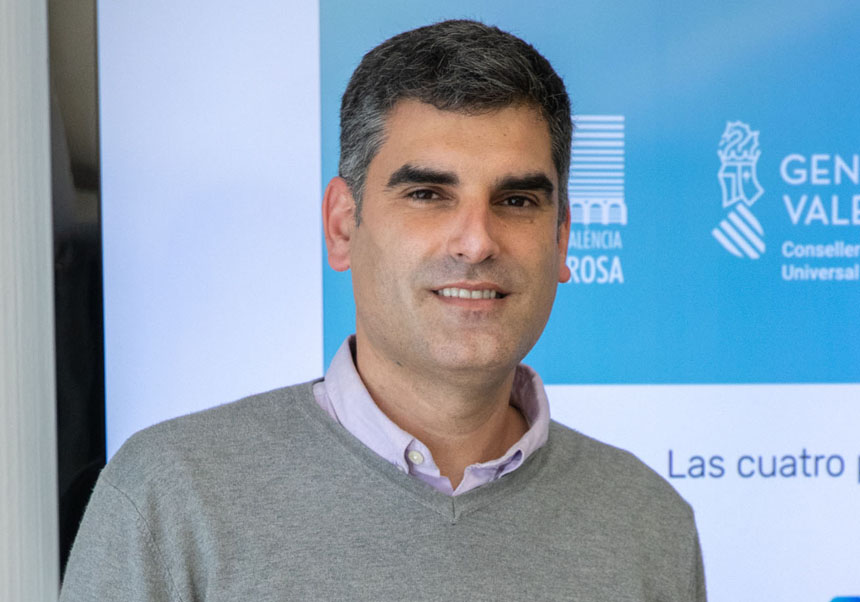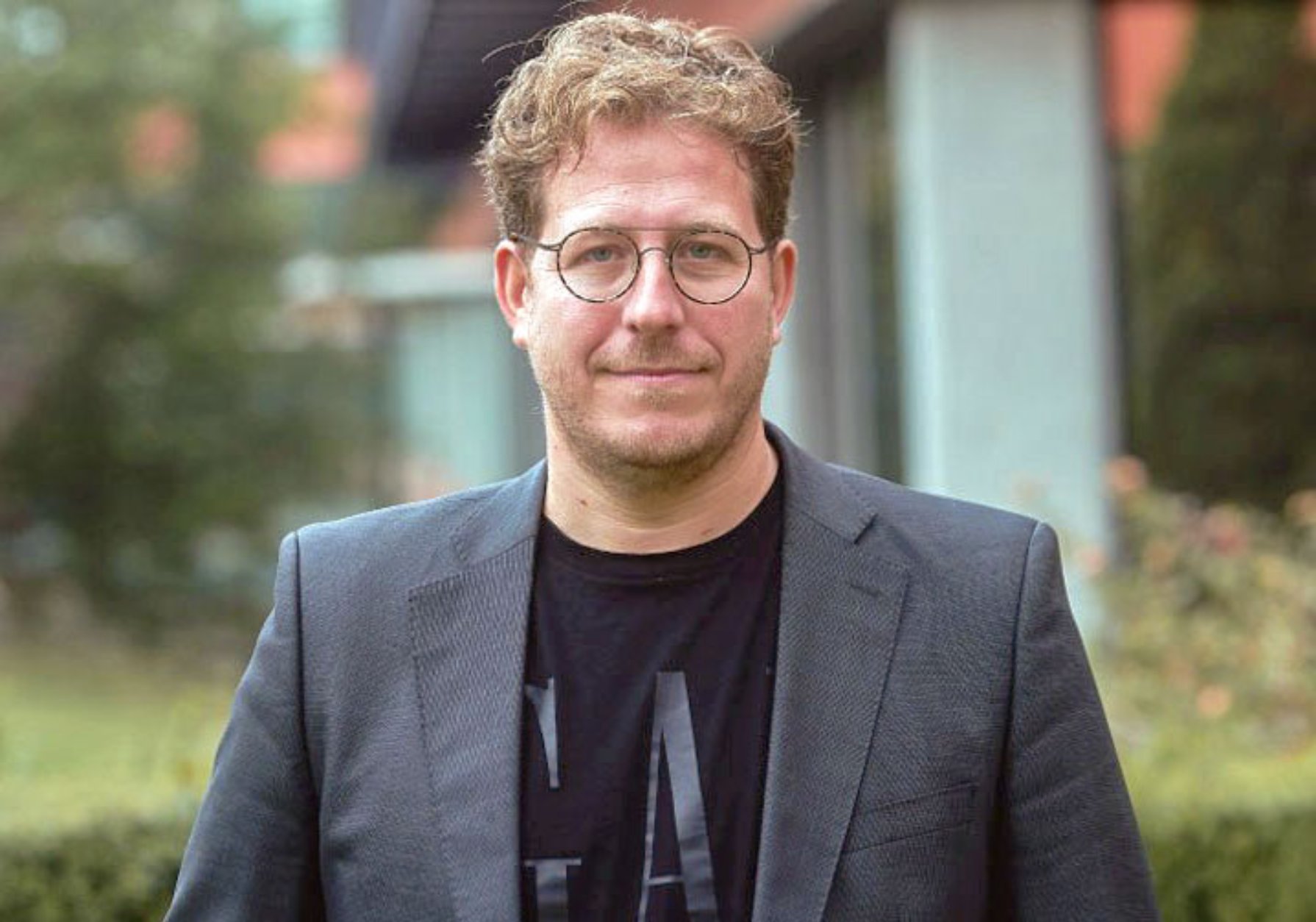Investigated a technology for the personalised clinical management of sepsis in critically ill patients
- Scientific Culture and Innovation Unit
- September 13rd, 2023

The University of Valencia (UV), the INCLIVA Health Research Institute (Clinical Hospital of Valencia) and the Network Biomedical Research Centre (CIBER) are working on a technology to improve care in the personalised clinical management of critically ill patients with suspected sepsis. José Luis García Giménez, professor of the Department of Physiology of the UV and head of the Research Group on Epigenomics and Translational Epigenetics of INCLIVA, explains that the group has two lines of research: that of neonatal sepsis and that of sepsis in adults, the objective of which is early diagnosis, prognosis and identifying patients who may develop complications in sepsis.
Today, Wednesday the 13th, is World Sepsis Day, a severe pathophysiological condition caused by the body’s uncontrolled response to an infection, which produces multi-organ damage and can ultimately cause death. Currently, it is estimated that sepsis affects 48 million patients, causes 11 million deaths per year and is the leading cause of death in hospital intensive care units (ICUs) worldwide. In the case of neonatal sepsis, an incidence of 2 cases per 100,000 births is estimated, with a mortality between 11% and 19%, which translates into 3 million cases of sepsis in neonates each year.
“We are not only interested in the early diagnosis of sepsis, but also in the prognosis and identification of patients who may develop immunosuppression phenomena or other short-term complications, such as chronic and long-term critical illness, after being discharged from the hospital”, explains José Luis García Giménez.
Both lines of research have the main objective of understanding the epigenetic mechanisms (based on DNA methylation) that regulate innate and adaptive immunity in sepsis. Thus, the line of research in sepsis in adults has a translational perspective. On the one hand, an early diagnosis and prognosis test for sepsis and septic shock based on circulating histones is being validated and, on the other, different epigenetic mechanisms related to the phenomena of acute hyperinflammation and immunosuppression and that give rise to a clinical condition that occurs in some patients with sepsis, which gives them a worse medium-term prognosis.
In addition, work is also being done on early markers of disseminated intravascular coagulation. All of this could have therapeutic implications in the future with possible benefits for subgroups of septic patients.
To develop this research, the group has funding from the Strategic Action in Health of the Carlos III Health Institute (ISCIII), of the Ministry of Science and Innovation, through FIS projects, Technological Development in Health and infrastructure acquisition, and with funding from entities such as the Mutua Madrileña Foundation, to advance the technologies it is developing and that may have clinical application.
In addition, INCLIVA, UV and the biomedical company EpiDisease SL, a spin-off of the Network Biomedical Research Centre (CIBER), the CIBER-ISCIII and the UV participate jointly in a public-private collaboration project funded by the Spanish Agency for Innovation of the Ministry of Science and Innovation, in which, together with other national hospital centres, different biomarkers circulating in blood will be identified and validated using proteomic techniques based on quantitative mass spectrometry, which will allow improvement in the diagnosis and prognosis of sepsis and septic shock.
Participating in these investigations are, among other centres, the Vall de Hebron Hospital in Barcelona, the Parc Taulí Hospital in Sabadell, and the Dr. Peset Hospital in Valencia. In the neonatal sepsis research line, researchers from the Clinical Hospital of Valencia and La Fe of Valencia participate in it.
File in: Recerca, innovació i transferència , Difusió i comunicació científica , Facultat de Medicina i Odontologia , Internacionalització recerca , Investigació a la UV
















